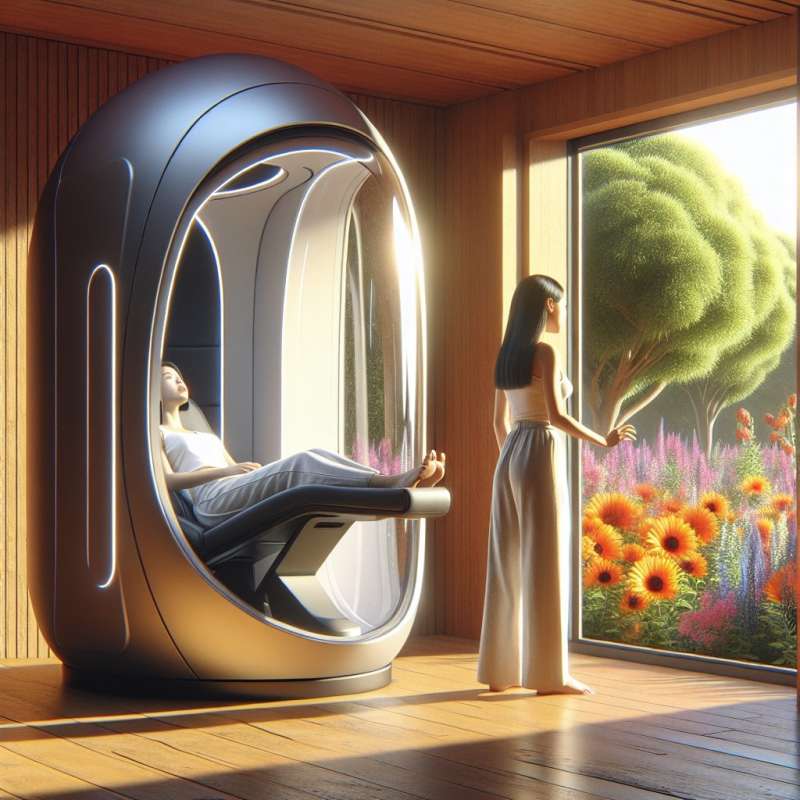
Schrödinger's Cat Paradox
Schrödinger's Cat proposes a cat in a box that is simultaneously alive and dead until observed. It highlights quantum mechanics' oddities and challenges our understanding of reality at the microscopic level.
The Trolley Problem
The Trolley Problem questions ethics: should you switch a trolley's path to save five people at the cost of one? This dilemma explores utilitarianism and the consequences of moral decisions.
Nozick's Experience Machine
Nozick's Experience Machine asks if we'd plug into a machine that provides endless pleasure. It challenges hedonism by questioning whether experiential pleasure is more valuable than real-life authenticity and achievements.
The Ship of Theseus
The Ship of Theseus considers identity: if all parts of a ship are replaced, is it still the same ship? This paradox explores the nature of objects and personal identity over time.
The Chinese Room Argument
The Chinese Room Argument by Searle debates artificial intelligence and consciousness. It suggests that syntactic processing (like computers do) is insufficient for understanding or consciousness, challenging strong AI claims.Quantum Immortality Thought
Quantum immortality suggests, theoretically, if quantum mechanics applies to large objects, one could never experience their own death, defying normal conceptions of mortality.
What does Schrödinger's Cat paradox address?
Classical mechanics' laws
Quantum mechanics' oddities
Macroscopic object behavior
Company